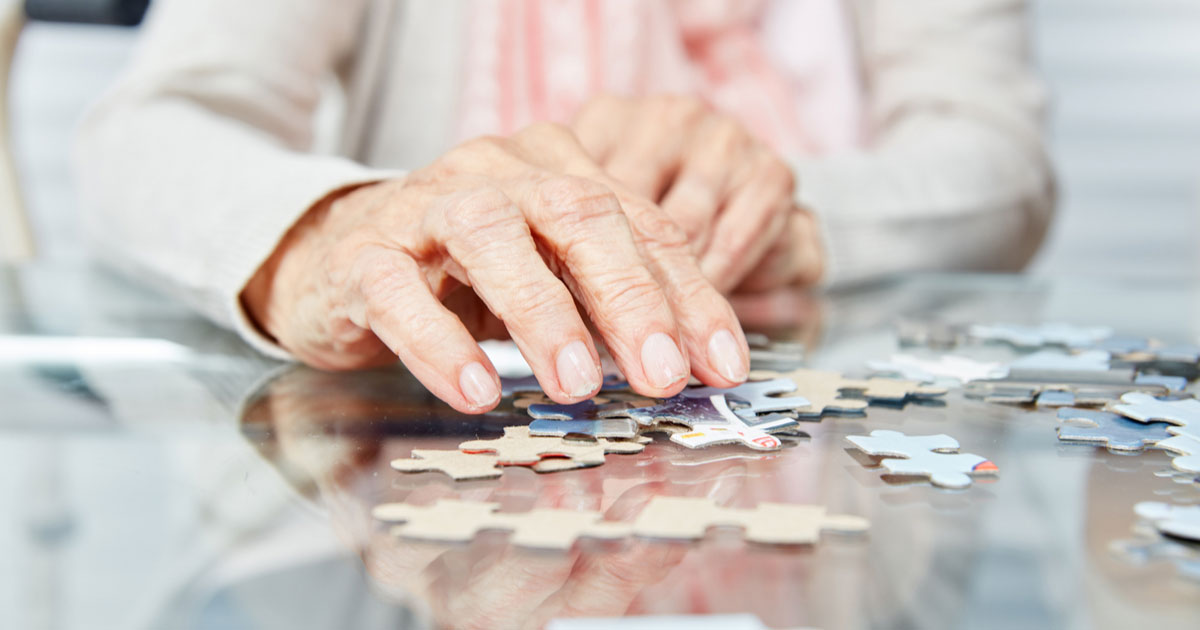Resolve to Stay Healthy This Year

Everyone makes New Year’s resolutions to lose weight, exercise and take better care of themselves. With the pandemic still swirling around us, resolve to make 2021 the year you get in shape. Here are six healthy resolutions for seniors.
Eat Better
Later in life, it’s more important than ever that you eat healthy foods. Seniors tend to eat fewer calories, so it’s important you make those calories healthful ones. Follow the USDA Choose My Plate program to fill your diet with fruits and vegetables in deep colors, nuts, beans, legumes and whole grains. For your proteins, select less fatty meats, such as chicken, turkey and seafood. Add two daily servings of dairy for a punch of calcium and vitamin D to keep your bones strong. Flavor your cooking with healthier fats, such as olive oil, and herbs and spices rather than salt.
See Your Health Care Providers
In addition to annual wellness visits with your health care providers, keep up with regular health screenings. Review and make any necessary changes to your advance directives regularly. Discuss your medications with your doctor and your pharmacists routinely and evaluate whether you still need them. Also ask about any new booster shots or other immunizations you should be getting.
Quit Smoking
Cigarette smokers are twice as likely to develop heart disease as nonsmokers. Talk to your doctor about quitting smoking to reduce your risk of health problems, ease your breathing, have more energy and sleep better. Even if you’ve failed to quit in the past, now is your chance to quit for good. Stay positive, avoid triggers that made you want to smoke and turn to cigarette substitutes, like sugar-free gum.
Get Active and Stay Active
It may not feel like it sometimes, but physical activity is safe and healthy for older adults. Conditions such as heart disease, diabetes and arthritis tend to improve with regular physical activity. Look for low-impact workouts such as stretching, water aerobics, walking and hiking. In addition to keeping your body physically fit, exercising can also help improve your mood.
Use Your Brain
Reading, socializing and playing games works out your brain and can improve your mood and your memory. Consider, when it’s safe to do so, getting together with friends regularly or joining a club or group that shares your interests.
Also guard your mental health closely. One in five older people suffer from depression or anxiety. Signs of depression include lingering sadness, fatigue, loss of appetite or losing pleasure in things you once enjoyed. You may also have trouble sleeping or be more irritable than normal. If you have signs of anxiety or depression for more than two weeks, reach out to your health care provider and talk to your friends and family.
Get Enough Sleep
Older people need just as much sleep as any other adult – between seven and nine hours of sleep a night. Avoid long daytime naps, which can disrupt your nightly sleep rhythms. You can make improving your sleep a priority by budgeting enough hours for sleep. Sleep is essential to be your best mentally and physically.
Keep your bedroom free of electronics like mobile phones and laptops for at least a half-hour before bed. Try to avoid consuming caffeine and alcohol in the hours before bed. Establish a relaxing pre-bed routine to make it easier to fall asleep quickly and choose a bed and bedding that are supportive and comfortable.
If you exhibit any signs of medical difficulties that can disrupt your sleep, such as heavy snoring and significant sleepiness during the day (sleep apnea), leg cramps or tingling, chronic insomnia or any other health condition, talk to your health care provider as soon as you can to determine the underlying cause so you can get back to sleeping well.
Advent Christian Village wants our members to enjoy their retirement years in a way that will fuel their mind, body and spirit. We are ready to help you or your loved one be happy and stay focused on good health in 2021 and beyond!



